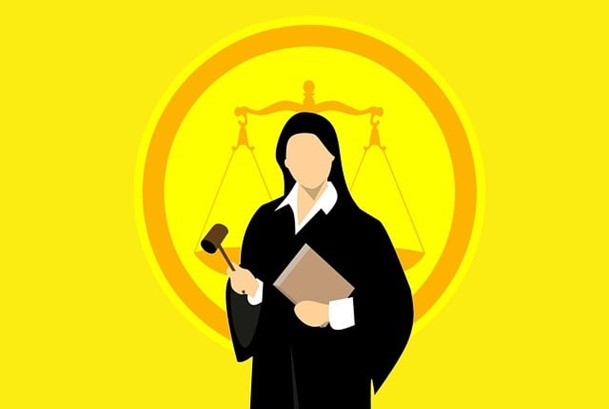How to Handle a Lawsuit Without an Attorney
Jun 27, 2023
iCrowdMarketing powered by iCrowdNewswire

Getting sued or receiving a complaint against you can be a very stressful experience, especially if you don't have a lawyer to help you with their legal expertise. Once you receive the complaint or summons, responding to it within the deadline is necessary.
Not doing so is seen as an admission of guilt, meaning the person with the complaint, known as the plaintiff, will receive all that they've alleged. In many cases, the time you have to respond is 20 to 30 days but that can vary from state to state.
Here is everything you need to know to respond to a lawsuit properly without an attorney.
Identify What You've Been Sent
There are a few different types of legal notices and they can all mean different things. For instance, a complaint is what's used as the first step for most civil lawsuits. It should look like a court document and will have your name listed as the "defendant".
Other examples would be a cease-and-desist letter or a DMCA takedown notice. They're used to ask someone to cease certain conduct or take down copyrighted material they might have used. If they threaten your company, you'll need to know how to legally protect your company.
Ensure You Were Served Correctly
A crucial thing to know when dealing with a lawsuit is to check whether you're being properly served. The clock doesn't start running on your lawsuit until you've received a copy of the complaint through a certified email, have it delivered to your address, or get it handed in person.
Depending on your type of case and the state you live in, there may be certain specifics about how you're supposed to serve a lawsuit. If not followed, the person trying to sue will have to start over again.
Know When to Respond
Once you recognize you're facing a legitimate lawsuit, there will be a deadline to consider for you to respond. Some cases have shorter deadlines than others, but either way, it's crucial to be aware of the deadline so you have the chance to respond accordingly.
The right to an attorney only applies to incarcerated individuals so you might have to go without legal representation for your Charter Flight Group Lawsuit. Although it shouldn't be too complicated to handle by yourself.
Determine Your Options
Once you know you're getting sued via the complaint, you can choose how you want to respond. The most obvious way to respond is by filing an answer. This allows you to respond to the plaintiff's allegations and tell your side of the story. It also notifies the court that you intend to defend yourself against the accusations being made.
Secondly, you could negotiate and solve the dispute directly with the plaintiff but it's important to keep track of the time period. Lastly, you could file a motion to dismiss the case if there's a lack of jurisdiction or failure to state a claim in the complaint.
Write and File Your Response
Carefully read the complaint and use all the details included in your response regarding the plaintiff, such as the name, address, appropriate court, case number, and judge.
Your response should cover each paragraph of the complaint and whether you deny or confirm any of the points raised by the other party. Make sure to include any counterclaims you might have relating to the plaintiff. Finally, you should make a copy of the response and send it to the plaintiff after filing it.